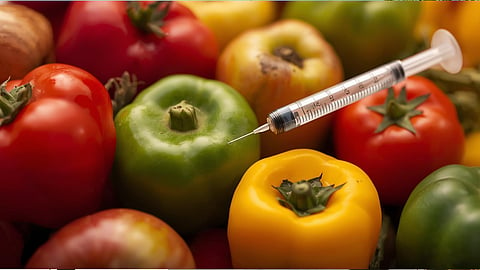The Rajasthan High Court recently ruled that no permission or approval for the sale, manufacture, distribution or import of genetically modified (GM) food can be validly granted unless regulations are first brought into effect [Kritesh Oswal v. Union of India].

